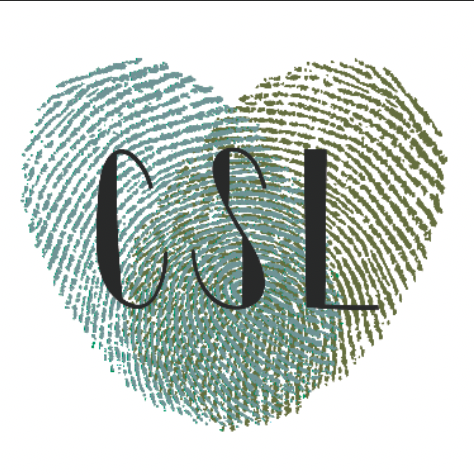
Safeguarding Children – A Freelancer Guide
Safeguarding Children – A Freelancer Guide
What is safeguarding?
Safeguarding is a term that is broader than ‘child protection’ as it also includes prevention of harm. In work with vulnerable adults and children it is essential that all Creative Spaces London Employees treat children equitably and sensitively, maintaining a professional relationship based on trust and respect
Creative Spaces London and Safeguarding
Creative Spaces London works with Children from a range of backgrounds in youth theatres, schools and community projects. Practitioners who work with CSL must therefore be cognisant of Safeguarding at all times, ensuring they are aware of markers for concern and know the procedures for acting upon them.
General Guidelines for Safeguarding – Relationships and Conduct
The following is a list of guidelines that anyone working for Creative Spaces London must adhere to in relation to children or vulnerable adults.
• Maintain a balance of approachability and professionalism in your relationships. Remember you are there to provide a safe and encouraging space and groups will look to you to set the ‘tone’ for work completed.
• Work should always be completed in the presence of an additional person. This can be a teacher, parent, chaperone or another practitioner.
• Avoid being 1:1 with a student with no other person present unless absolutely necessary and ensure you are seen at all times. This includes car journeys. Should If it is essential to travel with a student, it must be done with the parents’/ carers’ consent and insurance liability needs to be checked.
• Do not have any unnecessary physical contact with children. If it is unavoidable, the purpose of the contact must be made clear and it should only take place with the child’s consent. Remember that someone else might misinterpret your actions, however well intentioned
• During the course of their work, some staff will develop relationships of trust with children. For example, this might be with facilitators leading youth workshops on a continued basis which may lead to a ‘relationship of trust’ It is essential that such power is not abused in any way by anyone working for Creative Spaces London .
• Avoid social interaction outside of Creative Spaces London work and remember that Students under the age of 18 are still classed as “children” legally.
With the advent of social networking sites, it is important to maintain professionalism. It would be inappropriate to engage with children on a social networking site. Exceptions are applicable, e.g. if a site has been set up to encourage the social networking of student groups and is administered by CSL.
Child Protection and Prevention of Abuse
When working with children, it is important to pay attention to any signs of abuse that might be present and vigilant around reporting on any areas of concern. Remember, cases where children have sustained abuse often involve adults who were concerned and did not report it.
Signs to look out for:
Physical abuse – look for unusual bruises and marks such as cigarette burns or hand marks, unusual changes in behavior or explanations of marks that do not make sense.
Emotional abuse – pay attention to unusual neurotic behaviour, fear of their parent being approached or fear of making mistakes.
Bullying (classed as part of emotional abuse) – Be aware of students who avoid time with their peers or seem to have few friends, also students who are withdrawn/shy or who persistently lose money or have unexplained torn clothing.
Neglect – Be aware of signs such as hunger, inadequate attention, issues in appearance or behaviour that suggest a lack of care such as dirty clothes or frequent fatigue.
Sexual abuse – usually behaviour is an indicator. Be aware of inappropriate sexual behaviours or avoidant behavioursReporting Concerns
If you have concerns about a student, you should report to the Designated Safeguarding Lead Rachel Doherty on Rachel@creativespaces.com or phone 07412384383 and make a note of what you have seen. In many Schools there is likely to be a separate DSL who you can speak to. If the concern is immediate and no DSLs are available, you can also contact the local police station/social services branch or contact Childline on 0808 800 5000.If a student confides in you listen carefully, ensure you pass information onto your DSL (see above) and do not promise to keep secrets. Working with the relevant organisations is the best way you can help a pupil in danger and support them from a position of safety.
Should you require additional information on Safeguarding, please contact Rachel to see the Creative Spaces London Staff Handbook for a full account of the Safeguarding policies and guidelines.
Creative Spaces London CIC Reg:12075671

